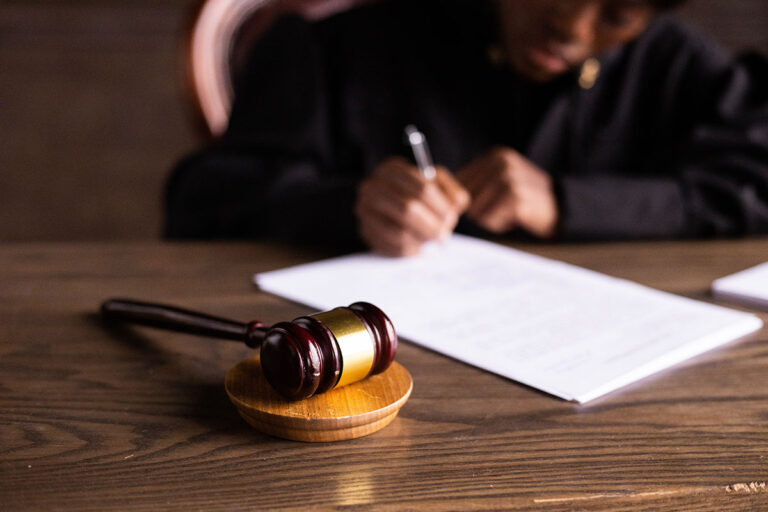Dispute resolution
The term Dispute Resolution captures a broad variety of tools, including:
- using your lawyers to negotiate,
- collaborative practice,
- conciliation (court guided negotiation with a Judicial Registrar),
- mediation or Family Dispute Resolution (FDR); and
- Arbitration (a formal court-like process, where an impartial barrister determines the outcome of your case).
This article will focus on FDR. FDR is guided by an FDR Practitioner who is independent of the parties. An FDR Practitioner is trained in helping separating couples to resolve disputes about their separation. You should check that any person you engage to assist with FDR is registered as a Family Dispute Resolution Practitioner (FDRP) with the Commonwealth Attorney-General’s Department.
An FDR Practitioner is not able to give legal advice, and they cannot decide what the terms of any settlement should or will be. They are not there to pressure you into any certain decision. They are simply there to help guide the negotiation, to refocus your efforts and assist in diffusing emotional roadblocks.
FDR without legal representation
Sometimes separating couples attend FDR sessions without legal representatives. The advantage of not having lawyers present is that:
- It enables parties to explore informal settings;
- there is no pressure of accruing legal fees;
- not dealing with advocates.
Disadvantages of not having a lawyer present
However, disadvantages of not having a lawyer present are:
- there is no element of objectivity in an emotional decision;
- the lack of legal advice to guide your settlement offers;
- the absence of an advocate to shield you from intimidation tactics, particularly in relationships with a history of coercive control;
- the lack of legal expertise in drafting any document created to record any agreement reached during the FDR process;
- no benchmarking (for example, a lawyer would be able to tell you that a judge would likely award “X”, so they negotiated outcome is better or worse than you could expect).
If you choose (or are required to) to attend FDR, our recommendations are as follows:
- speak to a lawyer for some initial advice before you attend the FDR conference;
- if the FDR conference is successful, and you agree on a settlement, then get your lawyer to review the terms of the settlement and advise on whether they should be converted into Court Orders.
- If the FDR conference was unsuccessful in reaching an overall resolution, it may at least have assisted both parties in narrowing the issues in dispute. Engage a lawyer to pick up the negotiations where they left off, and advise you on your next steps.
Important Disclaimer: The content of this article is general in nature and for reference purposes only. It does not constitute legal advice and should not be relied upon as such. Legal advice about your specific circumstances should always be obtained before taking any action based on this publication.





